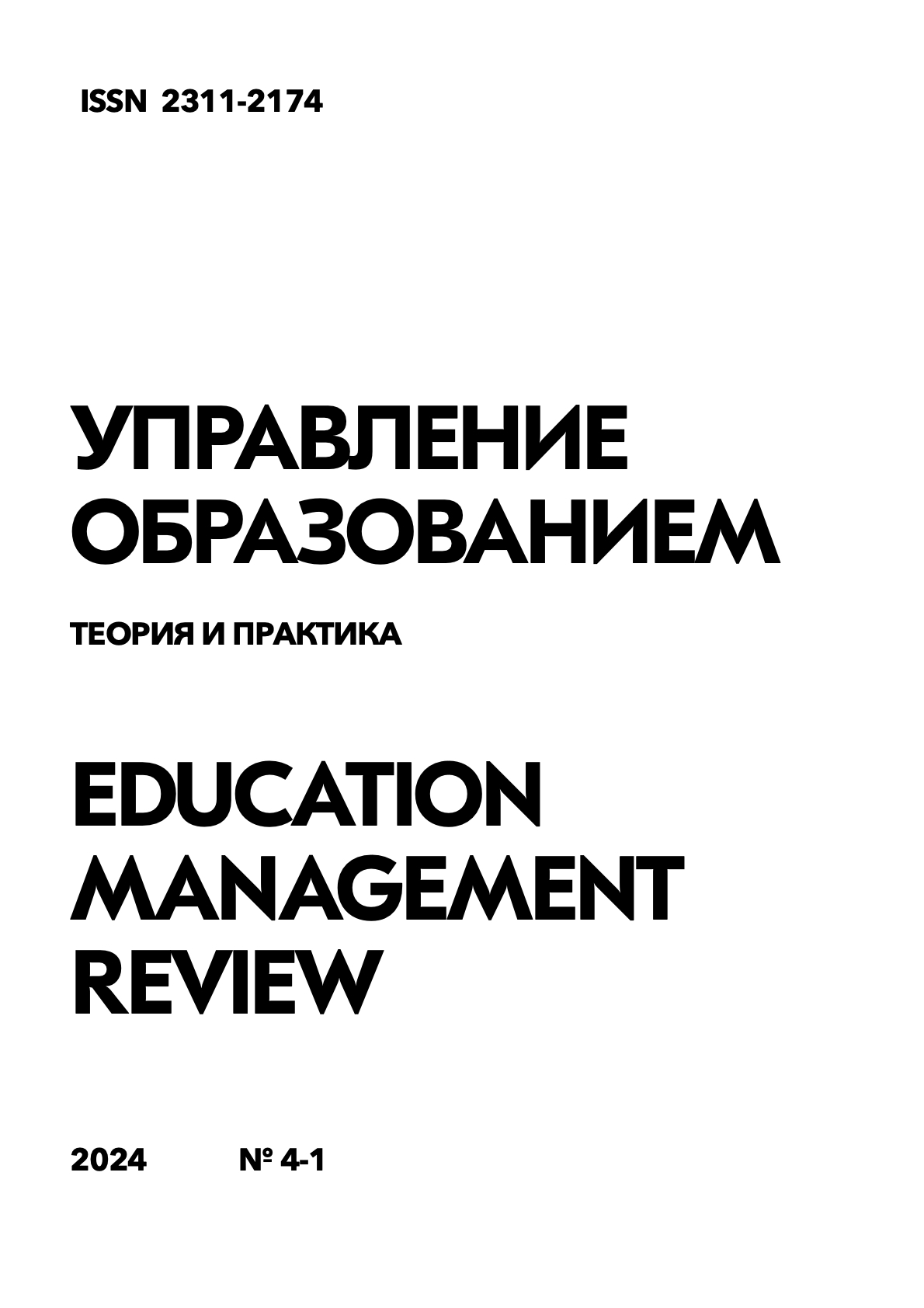Features of the relationship between parents and secondary school students in an inclusive environment
Keywords:
inclusive education, social interaction, secondary school, parental involvement, pedagogical strategiesAbstract
The research focuses on studying the dynamics of social interactions in an inclusive environment, the role of parents, and pedagogical strategies aimed at optimizing the educational process and improving the social adaptation of students. Emphasis is placed on the practical aspects of parental involvement in the educational process and the development of effective approaches to strengthen mutual understanding among all participants in the educational process. The article examines the characteristics of relationships between parents and middle school students in an inclusive educational environment. Key aspects of interaction, such as parental support, adaptation of students with special educational needs, and the role of teachers in creating a favorable atmosphere, are analyzed. The importance of cooperation between family and school for the successful integration of students into the learning process is emphasized. The article provides recommendations for improving communication and collaboration aimed at enhancing academic performance and the social well- being of students. The research is based on qualitative and quantitative data collected through surveys and interviews with participants in the educational process.
References
Артемьева В.Д. Понимание феноменологии инклюзии в педагогике и иных областях научного знания // Научный потенциал. 2019. № 4(27). С. 34-36.
Ахметова Э.К., Дмитриев Ю.А. Сотрудничество школы и семьи при реализации программы инклюзивного образования // Педагогика и психология образования. 2022. № 1. С. 58-69.
Бадараев Д.Д., Украинцева И.Д. Отношения детей общеобразовательных школ Республики Бурятия к инклюзивному образованию // Теория и практика общественного развития. 2023. №1(179). С.15-24.
Йохна Н.А., Попелюшко Р.П. Факторы взаимодействия школы и семьи ребёнка с особенностями психофизического развития // Инклюзивное образование: проблемы и перспективы: мат. Межд. науч.-прак. конф. «Сетевое взаимодействие университетов с социальными партнерами в области инклюзивного образования». Сост. Е.В. Иванов. Новгородский государственный университет им. Ярослава Мудрого. В. Новгород, 2014. С. 256-264.
Кабдулинова А.А. Инклюзивное обучение: родители и школа // Педагогическая наука и практика. 2015. № 1(7). С.144-147.
Кукуев Е.А., Волосникова Л.М., Огороднова О.В., Еланцева С.А. Оценка ресурса и рисков инклюзии: взгляд учащихся // Педагогика и просвещение. 2023. №1. С.17-29.
Лыскова Г.Т. Отношение родителей к инклюзивному образованию // Современный учитель – взгляд в будущее: сб. науч. ст. Межд. науч.-обр. фор. В 3-х ч. (17-18 ноября 2022 г., Екатеринбург). 2022. Ч. 3. С. 96-101.
Свистунова Е.В., Луценко Т.В. Динамика отношения родителей к болезни ребенка после перевода в инклюзивную группу // Психолог. 2017. № 2. С. 47-58.
Селиванова Ю.В. Инклюзивное образование детей с ОВЗ: особенности социального отношения // Специальное образование. 2017. № 1. С.178-180
Downloads
Published
How to Cite
Issue
Section
License

This work is licensed under a Creative Commons Attribution-NonCommercial-NoDerivatives 4.0 International License.




